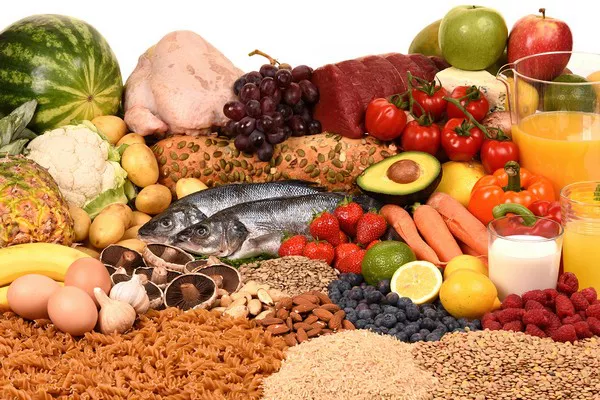As interest in sustainable and climate-friendly food, particularly plant-based diets, rises in Gulf countries, experts are highlighting the importance of assessing and improving the carbon footprint logistics and supply chains associated with such produce.
Dalal AlGhawas, founder and CEO of agri-food consultancy and trading company SWAPAC in Singapore, emphasized that carbon-neutral food should consider the impact of both upstream and downstream processes of food production. Carbon-neutral certification labels for consumer packaged goods are gaining popularity.
In Gulf Cooperation Council countries, where 80 to 90 percent of food is imported, logistics and supply chains need thorough evaluation concerning their carbon footprint. Notably, the United Arab Emirates has started producing plant-based products through pilot plants such as Thryve by the IFFCO Group and UAE food technology company Switch Foods.
The carbon-neutral labels must carefully assess the life-cycle of the products, particularly because main ingredients like soybeans are imported from large producers like Brazil and the United States. AlGhawas pointed out the need for individual audits of these suppliers regarding their carbon neutrality, especially considering the environmental impact associated with soy production.
The Gulf states, known for their oil production, have established national visions to diversify their economies. With Qatar hosting the FIFA World Cup last year and the UAE preparing for the United Nations Climate Conference, COP28, there is a growing focus on sustainability and resilience, particularly in the context of food consumption.
The President-Designate of COP28, Sultan Ahmed Al-Jaber of the UAE, has responded to outreach from youth activists by ensuring the availability of affordable, nutritious, and locally sourced plant-based food options with clear emissions labeling at the conference. The activism from youth groups, supported by organizations like Food@COP and ProVeg International, had called for at least three-quarters of the menu options to be plant-based.
Recently, Saudi Arabia’s Ministry of Environment, Water, and Agriculture signed two agreements to transform agricultural plant products into plant-based foods with animal protein flavor, aiming to advance agricultural product development.
Experts suggest that while the focus is on low carbon, it is also crucial to address the carbon footprint of wasted food. The interest in urban agriculture or “vertical agriculture” has grown, but it requires significant energy and water usage and may not fully meet the region’s food needs.


































